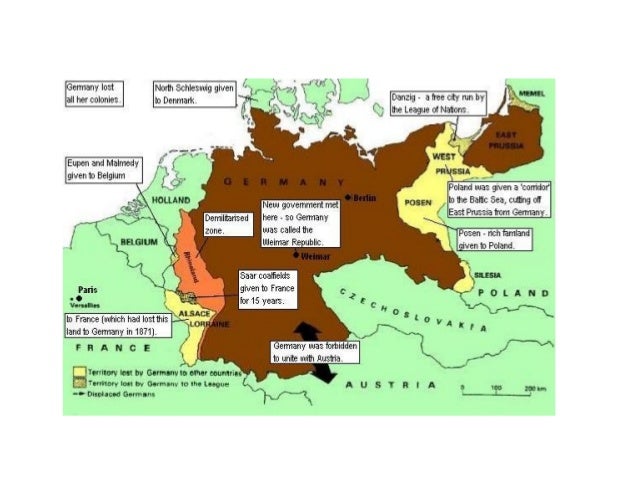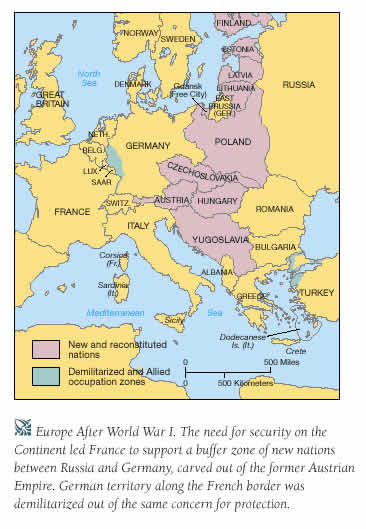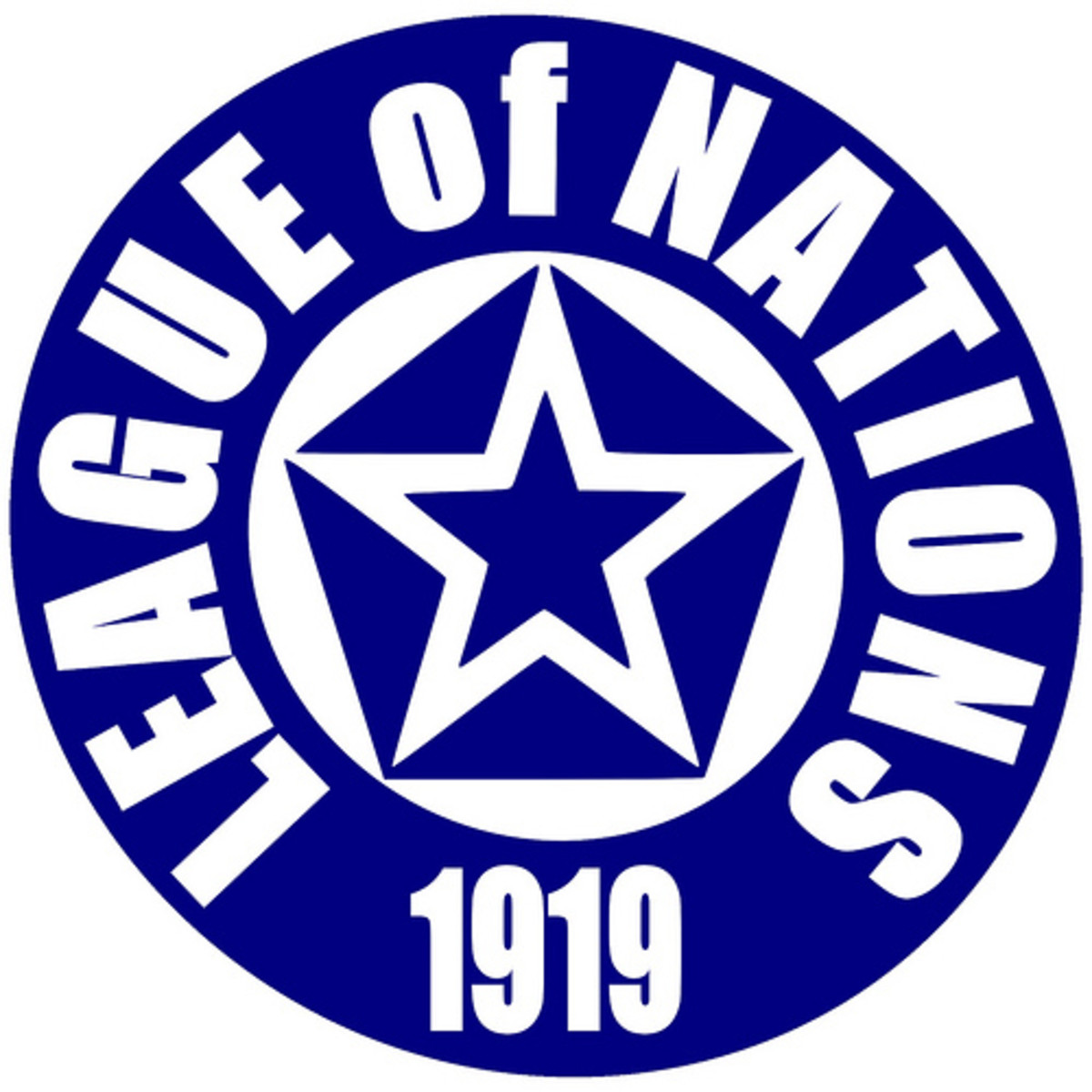Today it's my turn to do the journal, so let's go. At the begining of the lesson class, Paqui has explained us about the disasters of war. She has posted some information of the blog about a painter called Otto Dix. Paqui has said, that he knew what Goya did, and he decided to paint hisown disasters of war. He was also a soldier whoi lived the war in first person. Some of his paintings were destroyed by the Nazis. She has also explained about a book written by a German anarchist pacifist. You can read this information on the blog, too.

Source: https://www.google.es/search?q=disaster+of+war&espv=2&biw=1280&bih=699&source=lnms&tbm=isch&sa=X&ved=0ahUKEwig1ru5jsPMAhWKnBoKHV8dBoQQ_AUIBigB#imgrc=qk0IjO6mwaOMxM%3A
After this, today we have learnt about the Conference of Paris. 32 states met in Paris to decide how the world would be after the war, but the defeated powers were not allowed to attend the conference. Woodrow Wilson, the president of the USA presented a Fourteen- Point Plan for fair peace, without revenge against the defeated. He also defended the right to self- determination for the peoples. But this document wasn't taken into account because, after the war, they weren't objectives and the winners (France and Great Britain) took revenge on the defeated. The right to self- determination wasn't taken into account in several cases either. The decisions made in this conference would be one of the causes of World War II.
Separate peace treaties were signed with every of the defeated (Austria- Hungary, Germany, Bulgaria and Turkey). The Treaty of Versailles, signed with Germany, was the most important peace treaty. Germany was considered to be the main responsible for war and hard sanctions were imposed to this country:
- They had to pay huge reparations for the destructions caused in France and Belgium (20,000 million dollars) Their last instalmentwas paid in 2010, by Angela Merkel.
- They lost 1/8 of their territory in Europe: they had to give Alsace and Lorraine back to France, Schleswig to Denmark and they had to give the Danzig corridor to Poland. Eastern Prussia was separated from the rest of Germany.
- They had to reduce their army: their navy and air force were disbanded.
- Demilitarization of the West bank of River Rhine.
- The German colonies were given to France and the UK.
Separate peace treaties were signed with every of the defeated (Austria- Hungary, Germany, Bulgaria and Turkey). The Treaty of Versailles, signed with Germany, was the most important peace treaty. Germany was considered to be the main responsible for war and hard sanctions were imposed to this country:
- They had to pay huge reparations for the destructions caused in France and Belgium (20,000 million dollars) Their last instalmentwas paid in 2010, by Angela Merkel.
- They lost 1/8 of their territory in Europe: they had to give Alsace and Lorraine back to France, Schleswig to Denmark and they had to give the Danzig corridor to Poland. Eastern Prussia was separated from the rest of Germany.
- They had to reduce their army: their navy and air force were disbanded.
- Demilitarization of the West bank of River Rhine.
- The German colonies were given to France and the UK.


Source: Google images
These are comic scenes about the conference of Paris and the punishment of Germany. The first represented the president of France, Georges Clemenceau inviting the German delegates to sit down in chairs with spikes. That means that the German delegates had to do what the winners of the war wanted. The second image/ cartoon represented the German politicians betraying the Germans. In my opinion this was a stupid punishment because all the countries were responsible for blame the war. And because, as Paqui said, the only thing you get punishing them, is a new enemy because they impoverished the population who were not guilty.
As for the other losers, the Austro- Hungarian Empire and the Ottoman Empire disintegrated:
- The disintegraton of the Austro- Hungarian Empire gave birth to two new States, Austria and Hungary, Czechoslovakia became independent and the slaves of the South (Bosnians, Croats and Serbians) formed Yugoslavia. Romania was enlarged and Italy got Trent.
- Turkey became a Republic and the Arab territories of the Near East were given to France and Great Britain as " mandates". Palestine (Israel and Palestine) and Transjordan (Jordan, Iraq and Kuwait) were administered by Great Britain and Syria and Lebanon were controlled by France. However, Armenians and Kurds didn't become independent because Europeans thought that theycouldn’t make decisions by themselves, they thought that they were "inferior" and needed the help of "superior" people.
- In order to avoid the extension of the Russian Revolution, the Treaty of Brest- Litovsk (signed by Germany and Russia) was respected: Poland, Finland, Estonia, Latvia and Lithuania preserved their independence.
As for the other losers, the Austro- Hungarian Empire and the Ottoman Empire disintegrated:
- The disintegraton of the Austro- Hungarian Empire gave birth to two new States, Austria and Hungary, Czechoslovakia became independent and the slaves of the South (Bosnians, Croats and Serbians) formed Yugoslavia. Romania was enlarged and Italy got Trent.
- Turkey became a Republic and the Arab territories of the Near East were given to France and Great Britain as " mandates". Palestine (Israel and Palestine) and Transjordan (Jordan, Iraq and Kuwait) were administered by Great Britain and Syria and Lebanon were controlled by France. However, Armenians and Kurds didn't become independent because Europeans thought that theycouldn’t make decisions by themselves, they thought that they were "inferior" and needed the help of "superior" people.
- In order to avoid the extension of the Russian Revolution, the Treaty of Brest- Litovsk (signed by Germany and Russia) was respected: Poland, Finland, Estonia, Latvia and Lithuania preserved their independence.

Source: from the blog

Source: https://www.google.es/search?q=conference+of+Paris&espv=2&biw=1280&bih=699&source=lnms&tbm=isch&sa=X&ved=0ahUKEwjb4eDek8PMAhVIfhoKHSOFDugQ_AUIBigB#tbm=isch&q=desintegration+of+the+ottoman+empire&imgrc=LJRTvrBgGG3WJM%3A

Source: https://www.google.es/search?q=conference+of+Paris&espv=2&biw=1280&bih=699&source=lnms&tbm=isch&sa=X&ved=0ahUKEwjb4eDek8PMAhVIfhoKHSOFDugQ_AUIBigB#tbm=isch&q=europe+after+ww1&imgrc=p0q_wxFYuW2xvM%3A
Another result of the Conference of Paris was the constitution of the League of Nations, an international organization to solve conflicts peacefully. But the League was weak since its founding, because the USA didn't join it and so happened with other countries, agreements had to be unanimous and this made decisions or sanctions very difficult and the League didn't have an army to enforce its decisions.

source:https://www.google.es/search?q=conference+of+Paris&espv=2&biw=1280&bih=699&source=lnms&tbm=isch&sa=X&ved=0ahUKEwjb4eDek8PMAhVIfhoKHSOFDugQ_AUIBigB#tbm=isch&q=league+of+nation&imgrc=o7yP6wszBaAjxM%3A
For homework Paqui has given us a scheme about the conference of Paris and has said that we have to do the scheme about the consequences of the war.
That's all! See you in class! :)
3 comments:
Good job Fátima!! I think that you have done a complete journal.
Hello,
I agree with Manal. You did a complete work, but you have to review the spelling. There are no serious grammar mistakes, but there are few spelling mistakes that you could have avoided with a second reading.
Review also the explanation of the cartoons, because I think you didn't understand them well.
These are the corrections:
Today it's my turn to do the journal, so let's go. At the beginning of the lesson class, Paqui has explained us about the disasters of war. She has posted some information of the blog about a painter called Otto Dix. Paqui has said, that he knew what Goya did, and he decided to paint his own disasters of war. He was also a soldier whoi lived the war in (in) first person. Some of his paintings were destroyed by the Nazis. She has also explained about a book written by a German anarchist pacifist. You can read this information on the blog, too.
After this, today we have learnt about the Conference of Paris. 32 states met in Paris to decide how the world would be after the war, but the defeated powers were not allowed to attend the conference. Woodrow Wilson, the president of the USA presented a Fourteen- Point Plan for fair peace, without revenge against the defeated. H also defended the right to self- determination for the peoples. But this document wasn't taken into account because, after the war, they weren't objective(s) and the winners (France and Great Britain) took revenge on the defeated. The right to self- determination wasn't taken into account in several cases either. The decisions made in this conference would be one of the causes of World War II.
Separate peace treaties were signed with every of the defeated (Austria- Hungary, Germany, Bulgaria and Turkey). The Treaty of Versailles, signed with Germany, was the most important peace treaty. Germany was considered to be the main responsible for war and hard sanctions were imposed to this country:
- They had to pay huge reparations for the destructions caused in France and Belgium (20,000 million dollars) Their last instalment was paid in 2010, by Angela Merkel.
- They lost 1/8 of their territory in Europe: they had to give Alsace and Lorraine back to France, Schleswig to Denmark and they had to give the Danzig corridor to Poland. Eastern Prussia was separated from the rest of Germany.
- They had to reduce their army: their navy and air force were disbanded.
- Demilitarization of the West bank of River Rhine.
- The German colonies were given to France and the UK.
The rest, in the following comment.
These are comic scenes about the conference of Paris and the punishment of Germany. The first represented the president of France, Georges Clemenceau inviting the German delegates to sit down in chairs with spikes. That means that the German delegates had to do what the winners of the war wanted. The second image/ cartoon represented the German politicians betraying the Germans. In my opinion this was a stupid punishment because all the countries were responsible for blame the war. And because, as Paqui said, the only thing you get punishing them, is a new enemy because they impoverished the population who were not guilty.
As for the other losers, the Austro- Hungarian Empire and the Ottoman Empire disintegrated:
- The disintegraton of the Austro- Hungarian Empire gave birth to two new States, Austria and Hungary, Czechoslovakia became independent and the slaves of the South (Bosnians, Croats and Serbians) formed Yugoslavia. Romania was enlarged and Italy got Trent.
- Turkey became a Republic and the Arab territories of the Near East were given to France and Great Britain as " mandates". Palestine (Israel and Palestine) and Transjordan (Jordan, Iraq and Kuwait) were administered by Great Britain and Syria and Lebanon were controlled by France. However, Armenians and Kurds didn't become independent because Europeans thought that they couldn’t make decisions by themselves, they thought that they were "inferior" and needed the help of "superior" people.
- In order to avoid the extension of the Russian Revolution, the Treaty of Brest- Litovsk (signed by Germany and Russia) was respected: Poland, Finland, Estonia, Latvia and Lithuania preserved their independence.
Another result of the Conference of Paris was the constitution of the League of Nations, an international organization to solve conflicts peacefully. But the League was weak since its founding, because the USA didn't join it and so happened with other countries, agreements had to be unanimous and this made decisions or sanctions very difficult and the League didn't have an army to enforce its decisions.
For homework Paqui has given us a scheme about the conference of Paris and has said that we have to do the scheme about the consequences of the war.
That's all! See you in class! :)
Post a Comment